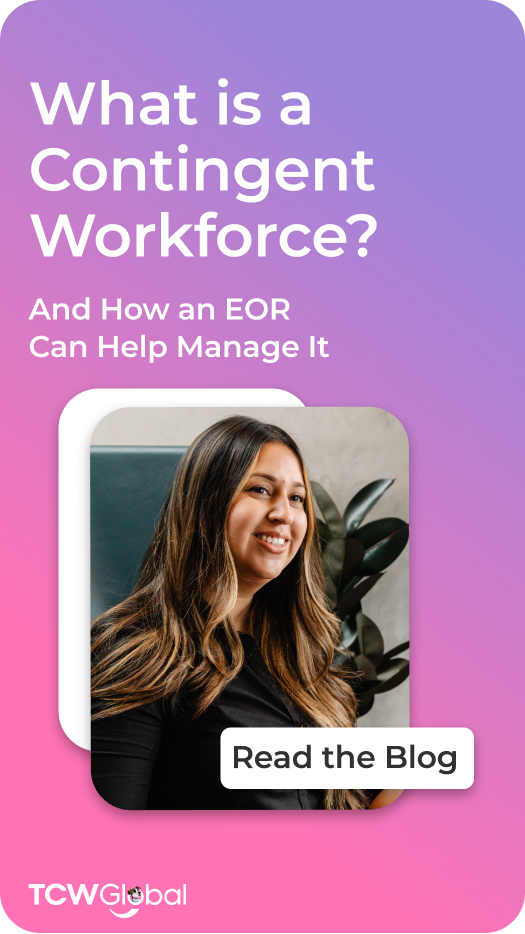Why You're Here!
New Zealand, known for its stunning landscapes, vibrant Maori culture, and strong economy, is an attractive destination for businesses looking to expand internationally. TCWGlobal serves as your trusted partner in navigating the complexities of hiring in New Zealand, offering comprehensive solutions for building your contingent workforce.
With a population of over 5 million people, New Zealand boasts a skilled and educated workforce. From the breathtaking fjords of Milford Sound to the geothermal wonders of Rotorua, the country offers a unique blend of culture and natural beauty.
When expanding your business into New Zealand, compliance with local regulations is crucial. TCWGlobal, as your employer of record, ensures that your contingent workforce is fully compliant, minimizing risks for your organization.
In addition to compliance, TCWGlobal provides personalized services tailored to your specific needs. Whether you require assistance with payrolling management, benefits administration, or any other aspect of HR, our team is dedicated to supporting you.
Partnering with TCWGlobal guarantees a seamless and successful expansion into New Zealand. Our expertise and local knowledge make us the ideal partner for businesses looking to establish a contingent workforce in this dynamic market.


